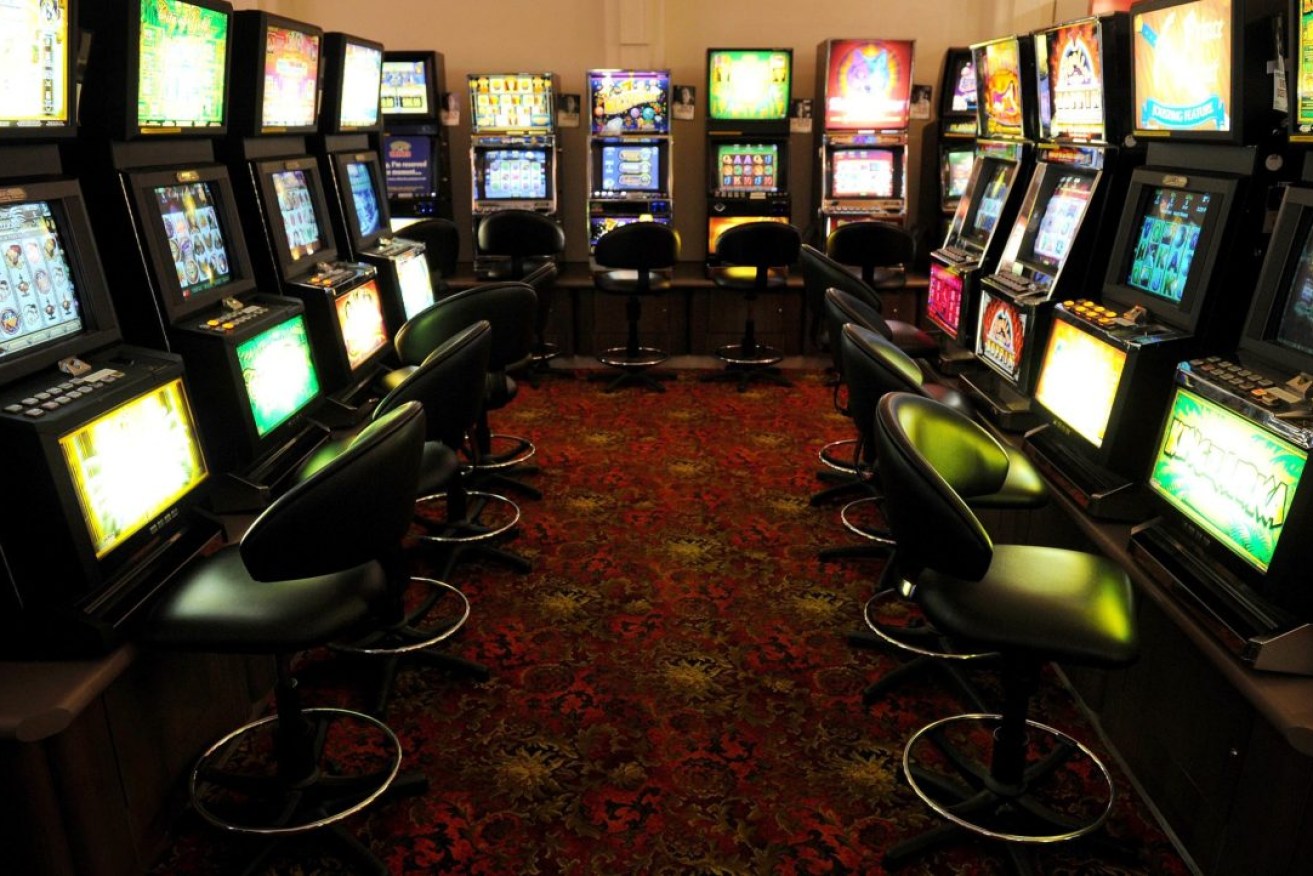Poker machines used to launder ‘billions in dirty cash’
Mandatory cashless systems, better data collection and more training could stop billions in “dirty cash” being funnelled through poker machines in pubs and clubs, an investigation recommends.

Photo supplied
Criminals are using pokies to launder money and venues are not doing enough to stop them, the NSW Crime Commission report from a multi-agency inquiry, released on Wednesday found.
NSW Crime Commissioner Michael Barnes says the machines are one of the last “safe havens” for criminals to clean cash.
“At the moment serious offenders can enter NSW pubs and clubs, sit down next to patrons in gaming rooms, and openly feed large sums of cash from their crimes into poker machines with no real fear of detection,” Barnes said.
He said itt was impossible to determine the scale because traceable data was not collected.
“But it is clear from our investigations it involves many billions of dollars every year,” he said.
“It is a deeply concerning peculiarity that in the largely cashless digital economy in which we live that gambling in NSW pubs and clubs remains a $95 billion a year information black hole.”
The billions flowing through the machines every year in NSW makes it Australia’s pokies’ capital, the report said.
In addition to cashless gaming cards the report recommends better regulations and data collection, the exclusion of suspected launderers, and training in anti-money laundering and counter-terrorism financing laws and compliance for the sector.
The recommendations amount to basic reforms which would prevent vast sums of cash, primarily the proceeds of drug dealing, being put through machines.
“I’m sure venues won’t argue they should keep receiving that,” Barnes said.
The report notes the practice of laundering through pokies is not widespread and is an inefficient way for criminals to launder large amounts.
ClubsNSW chief executive Josh Landis seized on that finding.
It vindicates clubs and their employees and proves allegations the industry allowed criminal gangs to launder substantial sums are completely baseless, he said.
“This is the finding that our not-for-profit member clubs expected,” Landis said.
Several recommendations were proposed by ClubsNSW, including improvements to risk controls and the banning of criminals from venues, he said.
“We believe this measure, together with the introduction of facial recognition technology announced by clubs and pubs last week, will make it near impossible for a criminal to enter a club in the future,” Landis said.
-with AAP




